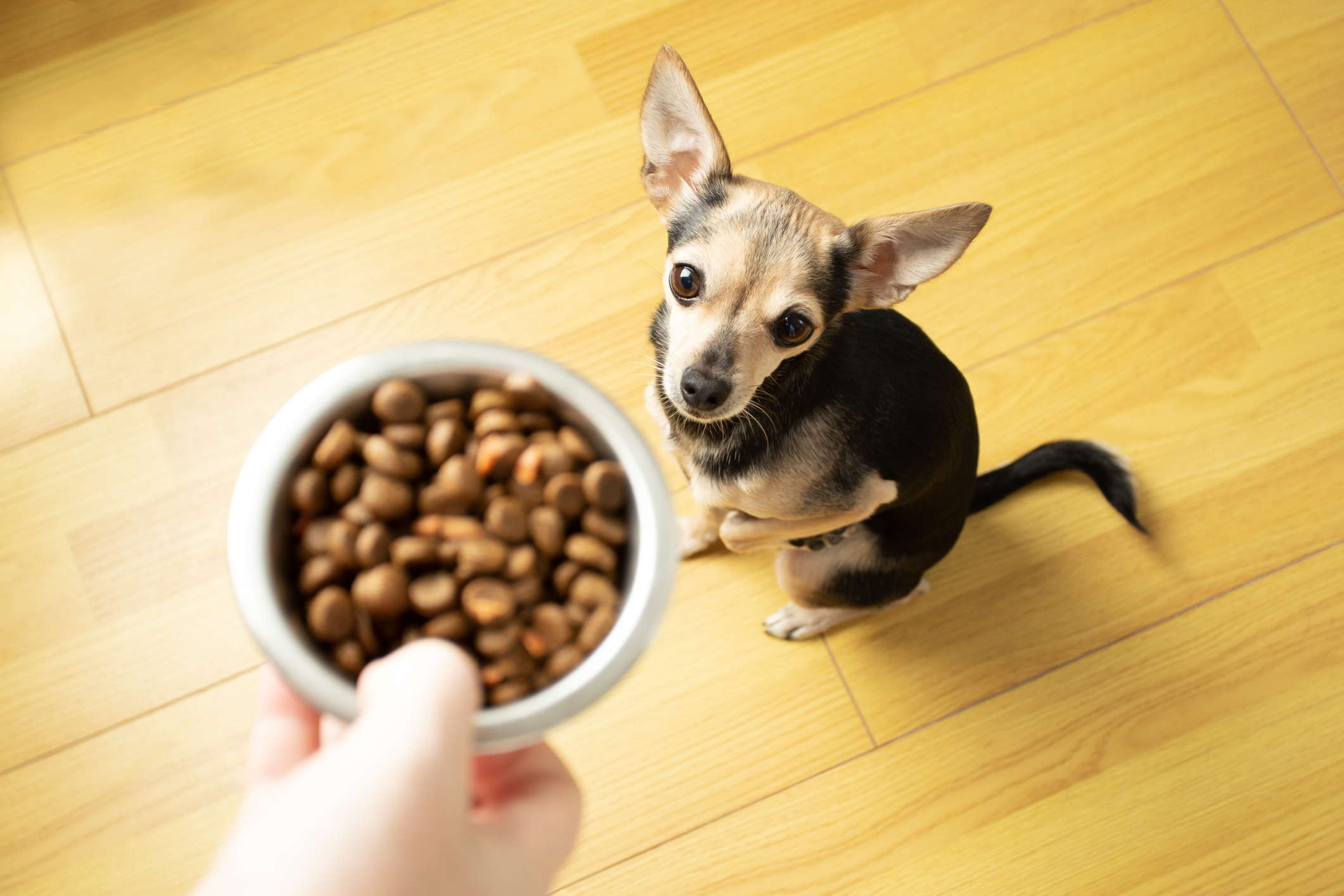
Save 35% with AutoShipUse code SAVE35 (Up to $20 max. Exclusions apply)

SAVE AN EXTRA $5 - $20 OFFUse code PETS in cart (Exclusions apply)

While efforts are made to answer all questions as quickly as possible, if an immediate answer is required or if your pet is in need of urgent or emergency care, contact your pet's veterinarian immediately.

You will receive an answer from Dr. Lindsay and our vet/tech team as soon as possible, usually the same day.
All answers are provided for informational or educational purposes only, and are intended to be a supplement to, and not a substitute for, the expertise and professional judgment of your pet's veterinarian.
It may be necessary to consult your pet's veterinarian regarding the applicability of any opinions or recommendations with respect to your pet's symptoms or medical condition.
Close
An error has occurred, please reload the page and try again.
CloseWhile efforts are made to answer all questions as quickly as possible, if an immediate answer is required or if your pet is in need of urgent or emergency care, contact your pet's veterinarian immediately.
There is no answer related to your question

Your pint-sized pup may not realize they’re small, but their nutritional needs are unique.
Small breed dog food is specially formulated to ensure your dog gets all of the nutrients they need in smaller, more manageable bites.
Learn about the differences between regular and small breed dog food and what you should know before changing your toy or small breed dog’s diet.
Feeding your small dog a “regular” adult dog food is unlikely to do them any harm, though it may not be the best option for their specific needs.
Most dog foods are formulated to meet nutritional guidelines set by the Association of American Feed Control Officials (AAFCO). These guidelines are based on the minimum nutritional requirements for dogs.
Your dog’s food may meet the guidelines set for “adult maintenance,” for adult dogs, or “growth and reproduction,” which is for puppies. An all-life-stages dog food is suitable for dogs of all ages, including puppies. While there are additional guidelines for large breed puppies, which have unique needs to prevent rapid growth, there are no specific guidelines for small dogs.
So, regular adult dog food, puppy food, and all-life-stages puppy food is formulated to meet the baseline nutritional needs of small dogs, too. However, while a “regular” dog food is suitable for your small breed dog, it may only meet their minimum nutritional needs, while a small breed formula is specifically designed to help them thrive.
Small breed dog food recipes vary between brands, as there are no standard AAFCO guidelines specific to small breeds. Even so, there are some differences you can look for while you’re shopping for a new food for your small dog.
Most small breed dog foods have a smaller kibble size. In general, dogs do not chew their food thoroughly, often swallowing bites nearly whole. Appropriately sized kibbles are key to ensuring that your small dog can not only easily chew their food, but digest it efficiently as well.
Small dogs are especially prone to dental issues because their small mouths tend to be overcrowded, with small spaces between teeth that quickly collect tartar buildup. Some small breed dog foods may have kibble with a specially designed shape and abrasive texture that may help scrub away plaque.
Smaller dogs have a proportionally small stomach, which may make it harder for them to eat enough to fulfill their nutritional needs. Small breed dog foods can be more nutritionally dense, containing the protein and fat they need in an appropriately small serving.
Smaller dogs have a higher metabolism in proportion to larger dogs, meaning their body burns more calories in relation to their size. Small breed dog foods may contain more calories per cup, ensuring that your pup gets all of the calories they need per meal. Keep in mind, though, that small dogs are still susceptible to weight gain, so if you’re switching from a regular to small breed dog food, their portion size should be adjusted to account for higher caloric density.
Small breed dog foods are further broken down into tailored recipes for puppies, adult dogs, all life stages, seniors, and health-specific recipes like digestive, allergy, weight management, and hip and joint support.
When switching foods or between bags when feeding a rotational diet, always transition your dog gradually to prevent digestive upset. Adding a probiotic supplement to your dog’s diet can also help protect your dog’s digestive tract when switching foods.
If you’re having trouble choosing the best small breed dog food for your pup or have questions about your dog’s health or nutrition, talk to a vet today.
 Swipe
Swipe